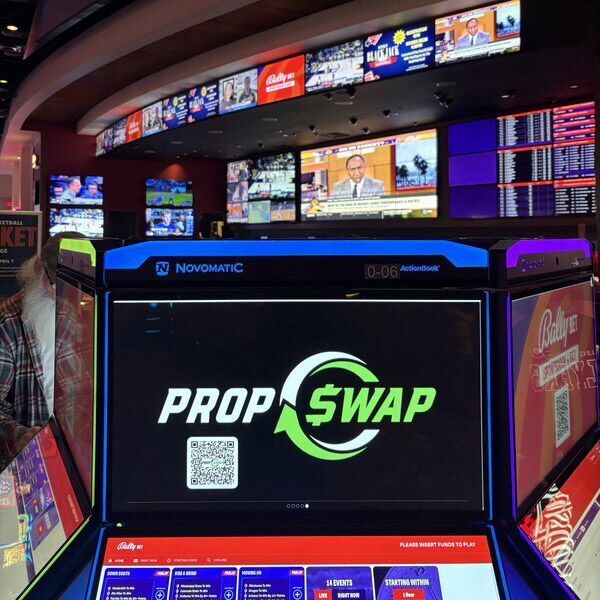Malta placed on FATF greylist, what happens now?

Ron Mendelson is the Director of Costa-Rica based International Business & Corporate Services consultancy firm, Fast Offshore. With over 24 years of real-world experience in iGaming Licensing and Payments, Regulatory Compliance, Tax-Efficient Corporate Structuring, Incubator and other Hedge Fund Licenses, Blockchain and Cryptocurrency related services, he advises a number of international clients on their business needs in the Americas, Europe, and beyond.
Malta has been greylisted by the Financial Action Task Force (FATF), the world’s anti-money laundering and financial crime intergovernmental organization. While there's no official announcement yet, the information was leaked to local media shortly after the vote, which took place on 23 June.
The outcome of the vote which saw the United States vote against the EU Member State must be formally approved by the FATF’s broader membership, but they are unlikely to defer from the initial vote. Some 37 countries took part in the vote along with the European Commission and the Gulf Cooperation Council.
The vote was based on a draft resolution drawn up and then discussed earlier in the month. A consensus vote was required to overturn the draft and the comments made by the expert evaluators within it.
Malta will now become the first EU country to ever appear on the list. Other countries on the list include Albania, Syria, Yemen, Panama, the Cayman Islands, and Zimbabwe.
What happens now?
Malta will now have to sign a commitment and pledge to address all the shortcomings noted in the report. They will also have to agree to measures tabled by FATF experts. This is otherwise referred to as ‘enhanced monitoring. The country will then be taken off the FATF list of trustworthy jurisdictions. It can only be reconsidered for listing on the whitelist, once it has addressed and implemented measures suggested by experts...’
The FATF has a whitelist, a grey list, and a blacklist. The blacklist contains Iran and North Korea, and they are considered as having the most severe deficiencies. Countries and businesses are urged not to do business with entities on this list.
The grey list includes countries with “weak measures” to protect against money laundering, financial crime, and terrorist financing. These countries have “strategic weaknesses” in their regime to counter money laundering but have given some indication that they want to improve.
Despite a positive final assessment from the Council of Europe’s MONEYVAL experts earlier this year, it was not enough to reassure the FATF that they had made sufficient progress.
What does this mean for iGaming in Malta?
Since the news broke, gambling companies based in the country have held a series of emergency talks. These talks have taken place between themselves, with regulators and industry groups, and organizations.
It’s likely the greylisting will pose a significant risk to the country’s iGaming sector. Malta has long relied on its solid reputation, EU membership, and good international standing to draw business to the country. Hundreds of online gambling brands, including some of the world’s biggest companies, are licensed in Malta. It’s not known how this will impact their current operations.
There could also be trouble with banks. International banks are likely to think twice about being located in a grey-listed country, and those licensed and incorporated in Malta may struggle to find other options. Overall, banking activity is expected to feel the fallout as various eMoney institutions and payment services providers are located there.
Lastly, the downgrading will reduce the perceived value of the Malta gambling license and the Malta Gambling Authority. It was previously considered one of the most prestigious available, but it will likely become harder to do business with a Malta license.
This recent news will also deal a significant blow to various sectors, including cryptocurrency, blockchain, and emerging technologies like AI. Malta has worked to present itself as a leader in the fintech sector and has created legislation for these verticals.
The future
Malta will now have to work hard to be removed from the grey list. They will likely try to do this as soon as possible, rushing through rafts of new legislation. The risk here is over-regulation. This could make it much harder for businesses to continue operating or startups to get the ball rolling than before.
Some of Malta’s actions are likely to include accepting the EU definition of sports betting. Previously, it has vetoed the definition which renders illegal “any sports betting activity whose type or operator is not allowed under the applicable law of the jurisdiction where the consumer is located.”
Accepting this definition could result in a decrease in the scope of the Malta license. It would remove a ‘safety net’ that allowed Malta licensees to offer gambling services to clients anywhere, irrespective of whether gambling is illegal in their country. There are also concerns that tight gambling restrictions and over-regulation could increase black market gambling.
If you have any concerns about your gaming license, gaming business, or you are interested in exploring other possibilities, feel free to contact Fast Offshore for advice and guidance.

















































